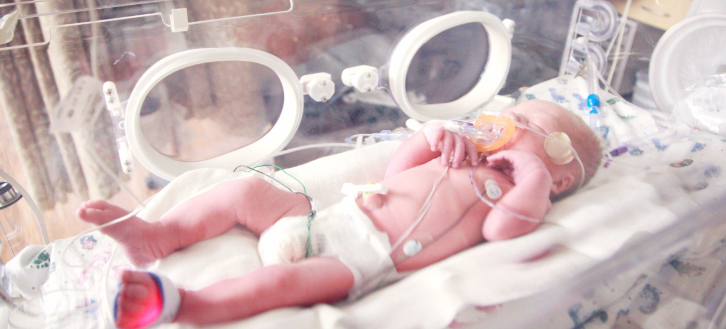The following is a summary of “NK cells with adhesion defects and reduced cytotoxic functions is associated with a poor prognosis in Multiple Myeloma.,” published in the June 2024 issue of Hematology by Blanquart et al.
In this study, researchers aimed to enhance the stratification of patients with multiple myeloma (MM) based on immune components, particularly focusing on Natural Killer (NK) cells, which are crucial for MM surveillance and therapy. The study group uncovered substantial transcriptomic alterations impacting bone marrow and peripheral blood compartments through single-cell RNA sequencing of NK cells from 10 patients with MM and 10 age/sex-matched healthy donors (HD). The findings revealed a notable reduction in the frequency of mature cytotoxic “CD56Lo” NK cell subsets in patients with MM, accompanied by an accumulation of late-stage NK cell subsets expressing NFκB and IFN-I inflammatory signatures. These MM-associated NK cell subsets exhibited low expression of CD16 and CD226, crucial receptors for cytotoxicity. They displayed impaired effector functions, possibly due to adhesion defects characterized by reduced LFA-1 integrin activation and actin polymerization in vitro.
Further analysis of bone marrow-infiltrating NK cells from a retrospective cohort of 177 MM patients in the IFM 2009 trial underscored the critical role of the audience in the future of MM treatment. It revealed that a high frequency of CD16/CD226Lo NK cells correlated with shorter overall survival rates. These findings suggest that CD16/CD226Lo NK cells with diminished effector functions accumulate throughout MM progression and adversely affect clinical outcomes. The study not only highlights the critical role of NK cells in MM immunopathology but also emphasizes the potential of targeting these dysfunctional NK cell populations to enhance therapeutic strategies against MM. By advancing the understanding of MM-associated NK cell dysfunction, this research aims to catalyze the development of more effective immunotherapeutic approaches tailored to combat MM progression and improve patient outcomes with the audience’s continued support and collaboration.
Source: sciencedirect.com/science/article/abs/pii/S0006497124016197














Create Post
Twitter/X Preview
Logout